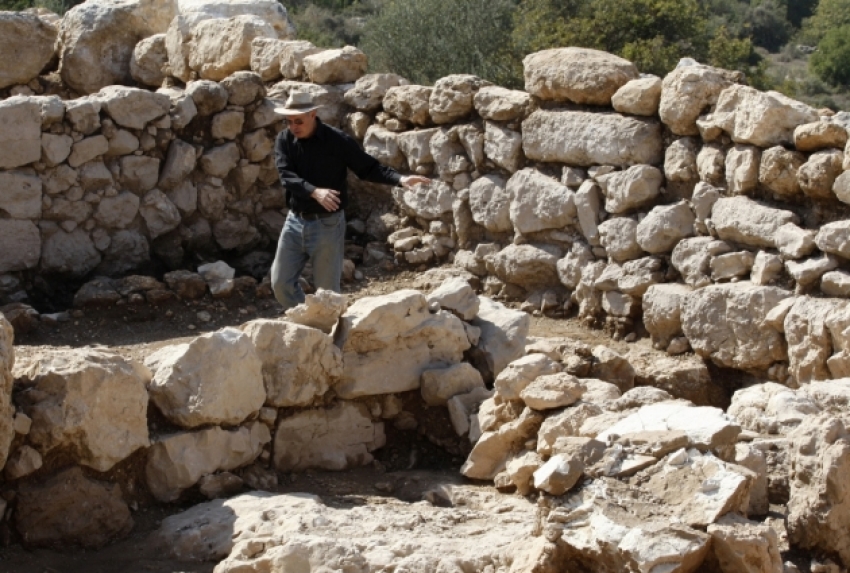Who were the Gentiles in the Old Testament?

The story of the Jews throughout Hebrew Scripture is one where God sets them apart for His purposes — that they would be light to the nations, particularly those peoples known as "Gentiles."
The term Gentile refers to someone who is not Jewish. It's an identifier about who a person is not, not his or her specific ethnicity. Derived from the Latin gentilis, the word literally means belonging to a tribe or clan, a non-Jewish one. In the English Bible, the word is used to distinguish peoples from the Israelites since the original Greek and Hebrew words used apply to Israelites and non-Israelites.
While the Gentiles are often people groups and tribes that practiced many things offensive to God — and His people were instructed not to adopt their ways nor intermarry with them — Scripture is punctuated with notable Gentiles, non-Israelites who were followers of Yahweh, and the prophets foretold a time when salvation would come to them.
As Biola University theology professor Charlie Trimm noted in a 2014 post, examples of such persons include Jethro, the Midianite father of Moses; Rahab, the Canaanite prostitute who helped the spies in Jericho as told in the book of Joshua; Jael, the Kenite women who killed Canaanite commander Sisera in the book of Judges; Naaman, a Aramean commander who washed in the Jordan River seven times to be cleansed per the instructions of the prophet Elisha; and Obed-Edom, the Gittite whose tent housed the Ark of the Covenant for three months following the death of Uzzah, who had touched the Ark while attempting to steady it in 2 Samuel 6.
The Gentile sailors who threw Jonah overboard into the sea after he had disobeyed God's command to go to Nineveh also feared God, as did the people of Nineveh when Jonah finally went and preached there.
Other Gentiles seem to fear God like the Samaritans in 2 Kings 17 yet still worshiped other deities. The Queen of Sheba, who was amazed by King Solomon in all his splendor, also appears to have some recognition of God, Trimm notes.
Although some were noble, repeatedly throughout the Old Testament God condemns the idolatry of the Gentiles and ultimately judges those who persist in them, including his own people. The captivity of the southern kingdom of Judah was as a direct result — as explained in 2 Kings 22 — of the Israelites forsaking God and worshiping false gods.
Yet as to the salvation of the Gentiles, perhaps most famously, Isaiah prophesied that "the sons of the foreigner who joined themselves to the LORD to serve Him, and to love the name of the Lord, to be His servants — everyone who keeps from defiling the Sabbath, and holds fast My covenant — even them I will bring to My holy mountain, and make them joyful in My house of prayer."
God's house of prayer would be one for "all nations," the prophet declares, Israelite and nonIsraelite alike.
And in Jesus the prophetic foreshadowing and promises are revealed and fulfilled.



























